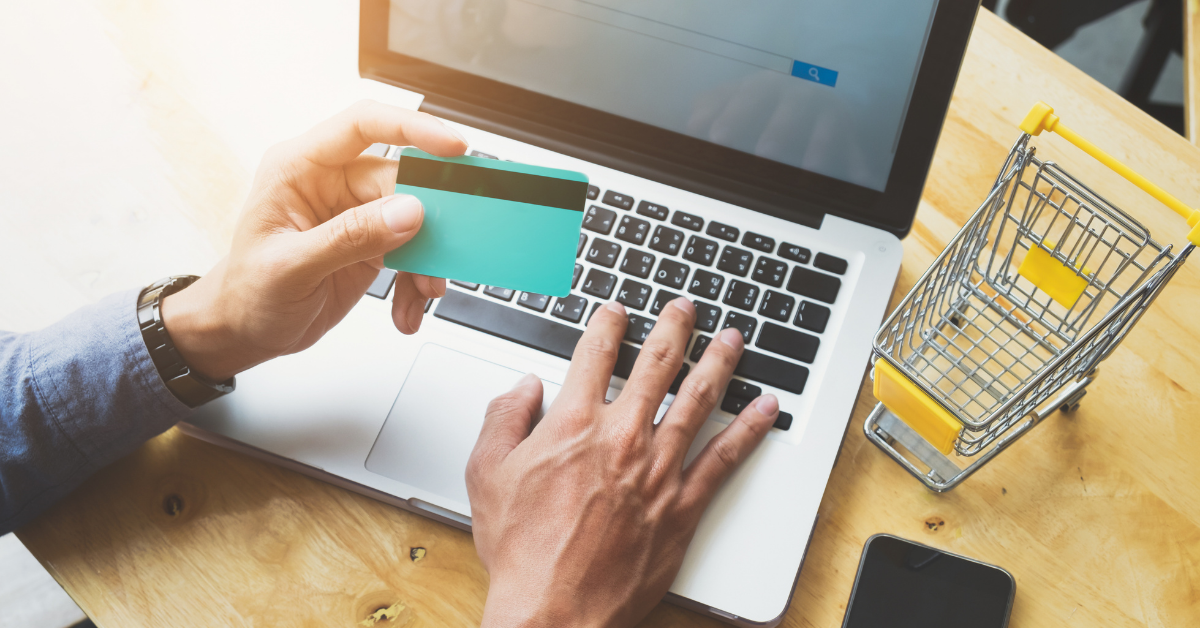Paying off credit card bills is the most important thing that should be done if you are a credit card user. Piling up credit card balances can leave you in a credit card debt which gets difficult to come out of if the balances are not paid well in time. While some people are comfortable paying the full amount before the due date, others prefer paying their credit card bills in part. But in the second case, interest charges are applicable on the remaining amount. Now for the people who generally pay their credit cards in full, a question arises should a credit card be paid off after every purchase? In this article, we will discuss the pros and cons of paying credit card bills after every purchase.

If you have some extra cash in your pocket and still prefer to buy things using your credit card, to either earn reward points or to get cashback, after successfully completing the purchase, you immediately pay off a credit card. Now does this method of paying your credit card bill have any benefit? This entirely depends on the credit cardholder’s choice. One is free to pay their credit card bill using any way they want. But the most important thing is to pay the credit card bills on time and in full. So, there is no harm in paying your credit card bill after every purchase.
An individual who has excessive cash with him might pay the credit card bill right after the purchase, but this is not mandatory. The mandatory thing is to pay the credit card before its due date, whether it is just a day before the due date or right after the purchase.
Now, this method of paying credit card bills has its own pros and cons.
Pros
Forget About Due Dates
By paying off your bills through this method, i.e., right after making the purchase, you do not have to get into the hassle of remembering the due dates of credit card bills. In the case where you have multiple credit cards, it gets difficult for you to remember the due date of each card, and sometimes the dates might get missed, and then you would have to pay late payment charges on that particular credit card. Hence, if you pay your bills right after purchase, you will not get into the trouble of due dates and payments will be cleared on time.
Regain Credit Limit
When you use your credit card for making purchases, your credit limit gets reduced by the amount for which you made the purchase. You have to wait till the due date to make your credit card payments and get your credit limit back. But in the case where you pay your bills right after purchase, you can regain your credit limit immediately when you pay your bill.
Cons
Cash Crunch
Credit cards were made to provide benefits to credit cardholders and not to put them under any kind of pressure to pay the bills immediately after using the credit card. When cardholders pay off the bill immediately, they use the cash available to them to pay off the bills but they certainly do not know about any immediate cash need that might occur. Hence, that is why credit cards come with an interest-free period so that the cardholder gets ample amount of time to arrange the amount required to pay off the bills. Another thing is that when you pay the bills near the due date, you can have a fair knowledge of all the purchases that you have made during the month using a credit card and then pay the bills in a single transaction.
Unable to Determine Credit Score
Credit Utilization accounts for 30% of your credit score. In this situation where you pay your bills right after your purchase, the credit card bureaus will not receive any information regarding your credit utilization. This is because, whenever your statement is issued, your outstanding balance will be zero. Hence, it would be interpreted by the bureau that you do not use your credit card as your utilization ratio is zero even though you are using and paying your bills on time. Therefore, it will become difficult to determine your credit score as paying through this pattern will show that you have no credit history.
Bottom Line
While there are lots of ways to pay off the credit card bills, the only perfect way is to pay off the bills before the due date whether you are paying the bills right before the due date or immediately after your purchases. Paying your credit card bills after the due date will attract late payment charges to your account and hence will have a negative impact on your credit score. It is as per the convenience of the cardholder that some like to have complete knowledge of their spends by getting a credit card statement and then paying the bills while others like to pay off the burden from their heads right after they have used the credit card. The only key to using a credit card is to pay the bills on time to build and maintain your credit score.









